Keywords: Jesus
There are more than 200 results, only the first 200 are displayed here.
-
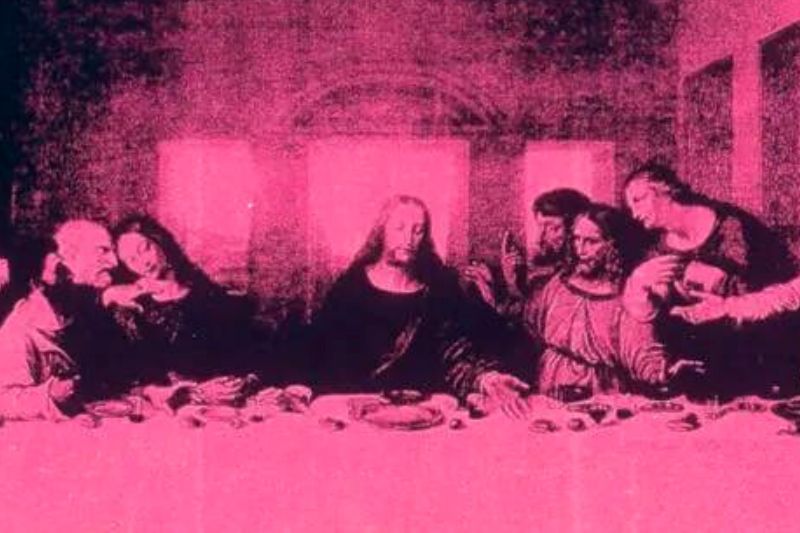
RELIGION
- Andrew Hamilton
- 17 April 2023
14 Comments
Greg Sheridan's Easter article in the Weekend Australian argues that a radical, supernatural version of Christian faith may be more persuasive than an accommodating one. However, Christians must show an attractive way of life, balancing high ideals with the reality of failure and forgiveness.
READ MORE
-

RELIGION
In a world where we are constantly faced with life's fragility, it's no wonder that we find ourselves wondering what lies beyond. Is it the bright promise of immortality, or the endless cycle of birth, life, death, and rebirth? Or perhaps nothingness? When contemplating the 'thereafter,' what can we hope for?
READ MORE
-

ARTS AND CULTURE
- Andrew Hamilton
- 10 April 2023
In a secular society the fast that preceded Easter has disappeared, but Easter remains a time of celebration. Celebrations recognise happy times and happy events, often marking the end of hard times. The message of Easter remains: that hope can spring up and new life can grow in apparently barren places.
READ MORE 
-

RELIGION
- Simon Smart
- 04 April 2023
3 Comments
In a culture that shies away from ageing and death, the annual ritual of Ash Wednesday is a sobering reminder of our vulnerability and mortality. However, it also invites us to reflect on our failures and fallibility, and to recognize that life is not all about us, but about how we relate to others and contribute to their betterment.
READ MORE
-
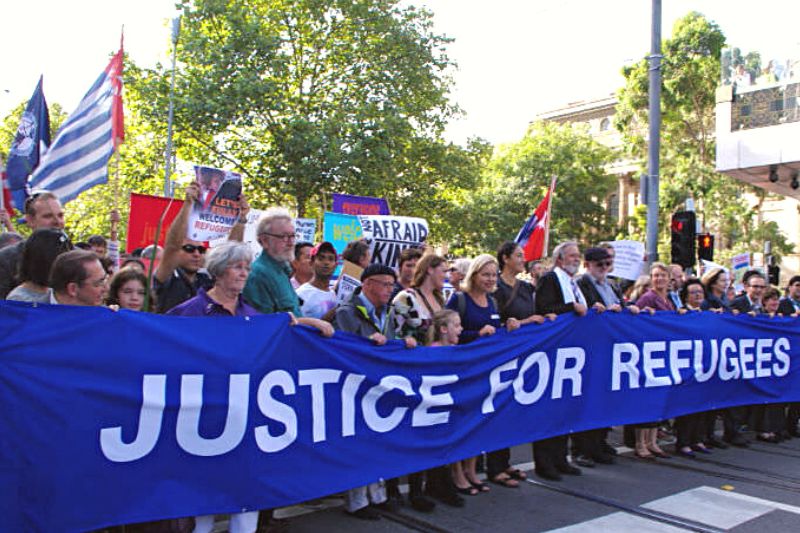
RELIGION
- Andrew Hamilton
- 03 April 2023
6 Comments
Easter is a story of unlikely victory, which underlies the hope that inspires Christians to link the Palm Sunday March to the plight of refugees and to walk with them. This hope acknowledges the power of evil in the world which drives people out of their country, yet it refuses to be intimidated by such evil or to allow it to pass unchallenged.
READ MORE
-
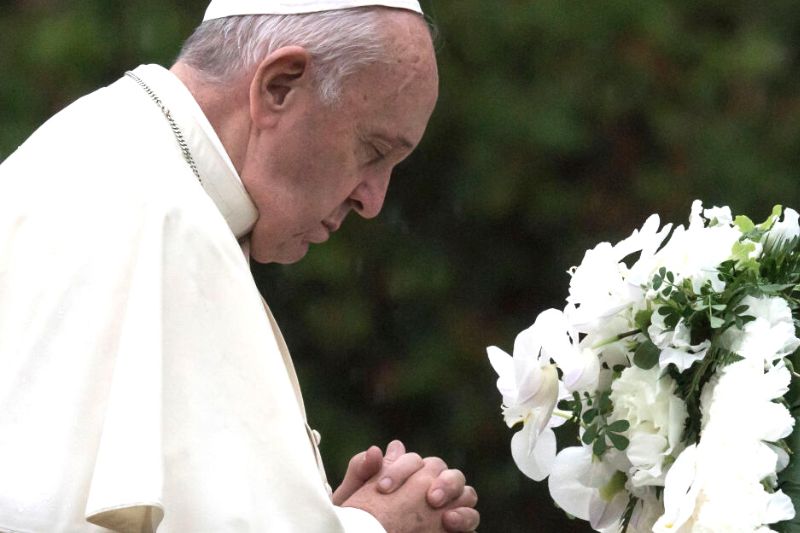
RELIGION
- Andrew Hamilton
- 23 March 2023
10 Comments
Pope Francis's ten-year papacy continues to surprise and puzzle observers measuring him by liberal and conservative polarities. But to understand his actions and words better, it's important to recognise that his framework is not derived from contemporary culture but from Christian faith.
READ MORE
-

RELIGION
- John Honner
- 27 February 2023
3 Comments
The word synodality may not be familiar to many, but it's a word that Pope Francis has been emphasising throughout his papacy. It refers to a Church that listens and travels together, with everyone having something to learn from one another.
READ MORE
-
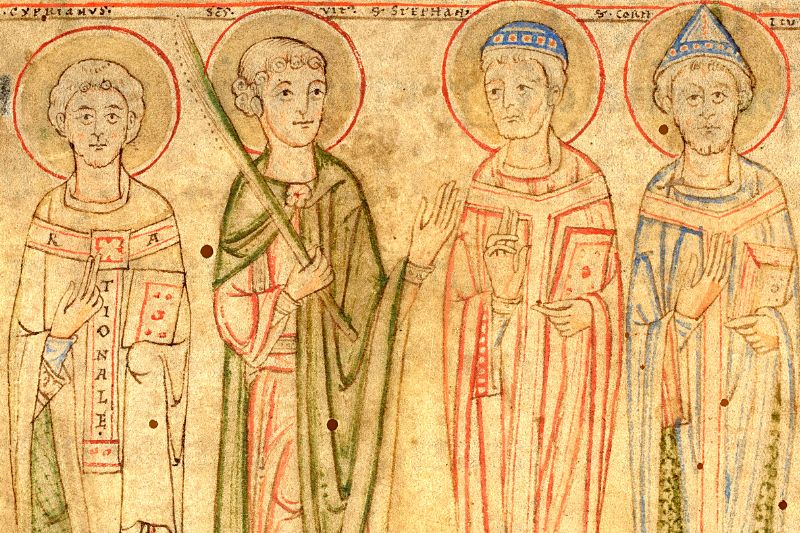
RELIGION
- Constant Mews
- 22 February 2023
2 Comments
Words get tired, and need to be reinvented, to recapture their original meaning. Synodality is simply the most recent way of regenerating traditions of consultation that go back to the earliest days of the Church.
READ MORE
-

RELIGION
- Brian McCoy
- 20 February 2023
15 Comments
Fifty years ago, the Aboriginal Liturgy was the first attempt by the Catholic Church in Australia to re-shape the Mass, and was the first time we had witnessed and experienced Aboriginal people expressing their Catholic faith in ways that were culturally different from our own.
READ MORE
-
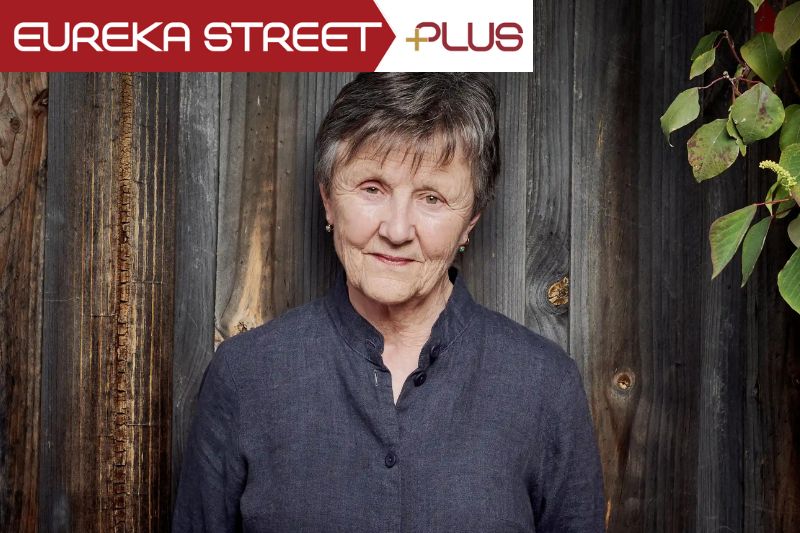
ARTS AND CULTURE
- Paul Mitchell
- 17 February 2023
3 Comments
Arguably Australia’s most celebrated living author, Helen Garner has built a reputation as a fearless and unapologetic writer whose work has remained fresh and relevant for over 45 years. We sat down with Helen to explore the challenges of confessional non-fiction, her fondness for church, and her commitment to unsparing self-analysis.
READ MORE 
-

AUSTRALIA
- Andrew Hamilton
- 31 January 2023
They take us to unexpected places, to wonder at the beauty of places we have passed by and, dangerously, to ask ourselves where we want most deeply to sail. Holidays can be the call of the Sirens who schemed to lure Odysseus on to the rocks. But they can also be the request that drew Peter to take Jesus into his boat.
READ MORE 
-
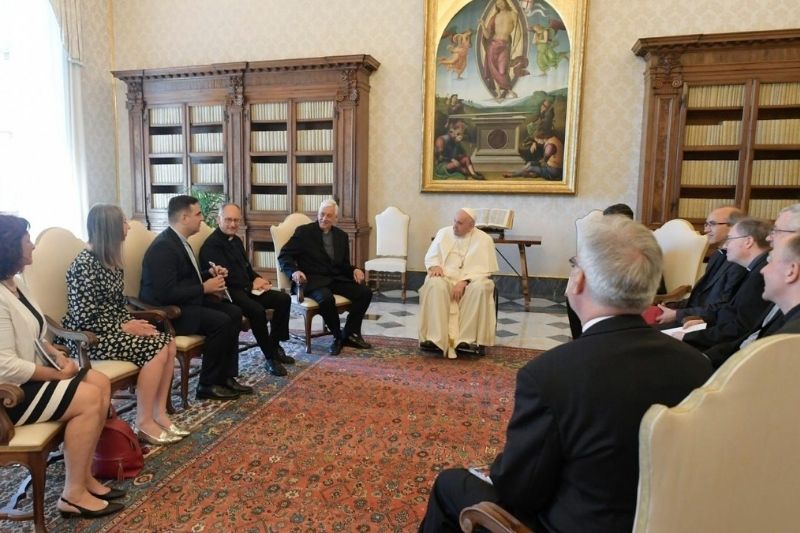
MEDIA
- Andrew Hamilton
- 12 January 2023
In a recent meeting Pope Francis met the editors of European Jesuit cultural magazines. As usual in such meetings he did not give an address but invited the participants to ask questions. The questions ranged across a wide area, reflecting the different readership and religious culture of the magazines. Underlying the Pope’s responses lay a challenging and coherent approach to the Jesuit mission and to communication that invites self-reflection also among Jesuit magazines and their readers outside Europe.
READ MORE